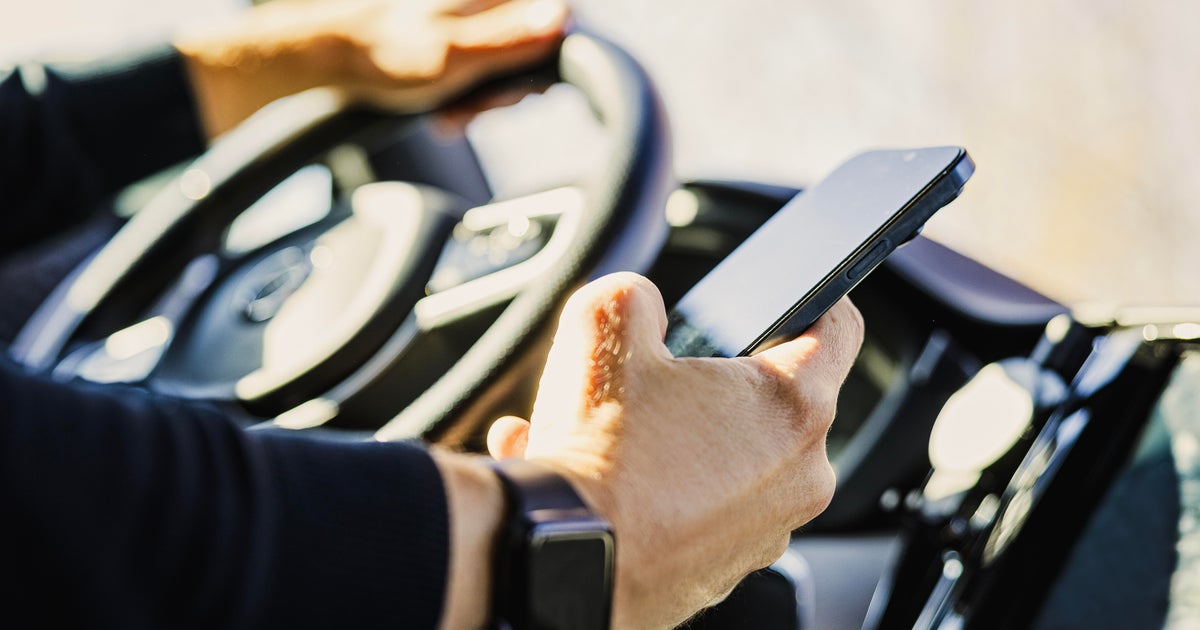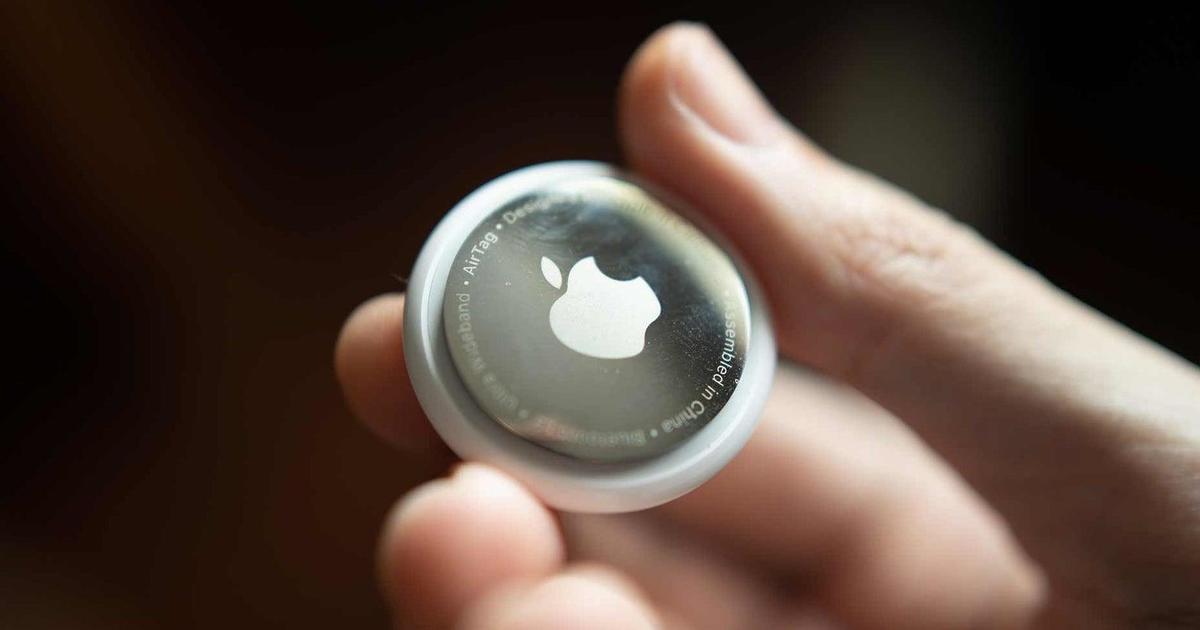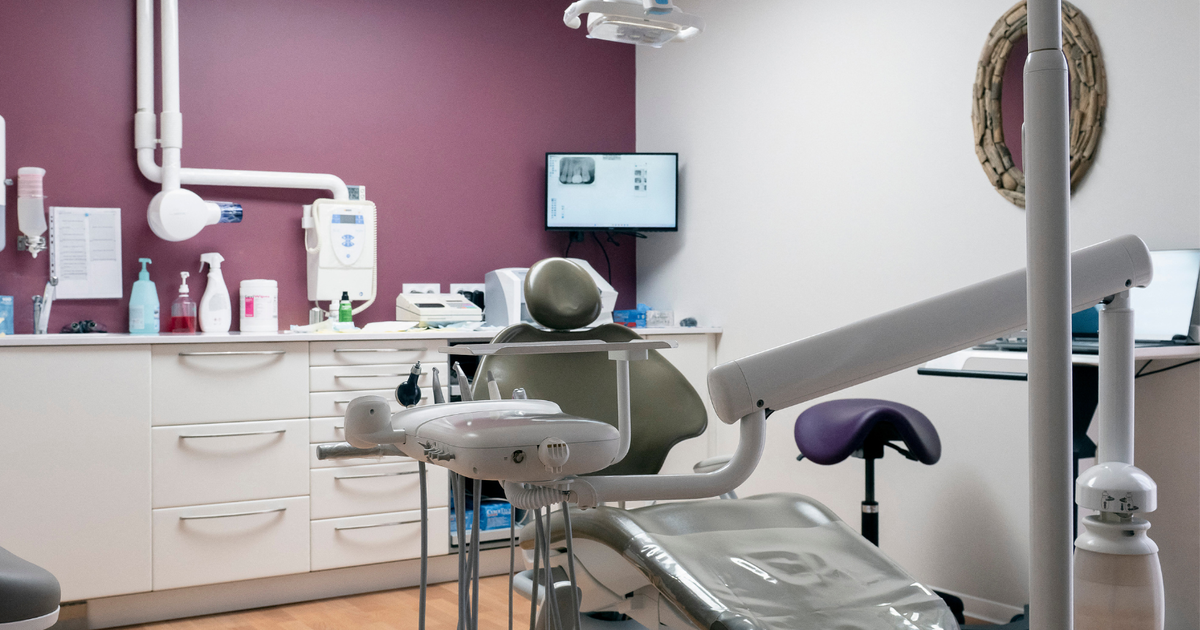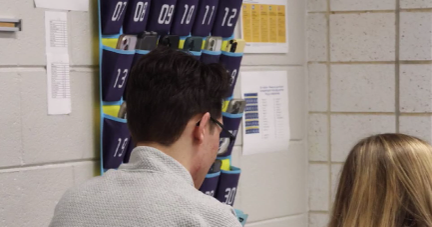State Police: Asking For Cellphone Data Is Uncommon
LANSING (AP) - Michigan State Police officials said Tuesday the agency extracts cellphone data daily as it examines evidence in criminal cases but that it's "extremely uncommon" for police to ask average citizens for permission to hook their phones up to extraction devices.
Testifying to the House Oversight, Reform and Ethics Committee, state police Inspector Greg Zarotney said the data extraction devices are used only if a search warrant is obtained or a person agrees to have a phone scanned. Personal information isn't extracted during routine traffic stops, he said.
The American Civil Liberties Union of Michigan (ACLU) is worried that state police may be extracting personal data from cellphones illegally, a concern police say is unfounded.
In a three-page letter sent earlier this month to the state police, the ACLU said Fourth Amendment protections could be undermined if people give state police permission to hook the data extraction devices to their cellphones without realizing the devices can retrieve even hidden or deleted data such as contact lists, text messages and photos.
The organization also said it's concerned that minorities may be more likely to have their cellphones searched by the state police.
The ACLU has tried since 2008 to find out through a Freedom of Information Act how state police are using the data extraction devices.
After being told by the agency that it would cost $544,680 to retrieve and assemble the requested documents, the ACLU narrowed the scope of its request but said state police claimed no documents existed for that time period.
Police also refused to reveal when the devices were used so a FOIA request could be tailored to those dates, the ACLU said.
Zarotney said the data extraction devices, which are the same type of equipment routinely used by mobile phone vendors to transmit data from one phone to another when customers upgrade to new mobile devices, don't keep track of how often or when they're used.
State Police Sgt. Karl Schmitz recently told Grand Rapids television station Fox 17 that the device was used just twice in the past five years in the multi-county state police zone in western Michigan.
Zarotney said he didn't have similar figures for others area of the state. The agency first started using the devices, which cost several thousand dollars each, in 2006. It has six in the field and several in its computer crimes unit.
The Associated Press last week filed a Freedom of Information Act request asking the state police for annual counts on the number of times the devices were used to extract cellphone data, and how many phones had data extracted under a search warrant versus the cellphone owner's permission. An agency receiving a Michigan FOIA request must respond within five business days but can ask for a 10-day extension to fulfill the request.
Det. Sgt. Richard Cruz of the state police's computer crimes unit said his unit routinely uses the data extraction devices on cellphones obtained through a warrant or with the owners' permission.
"In our office, this is used daily. I don't know that a day goes by that we're not processing a cellphone," he said.
Police generally are looking for images and text messages with attachments that could have ties to child pornography or criminal sexual conduct cases, he said. Cellphones also may be examined for evidence in cases involving homicide, illegal drugs and other crimes.
Rep. Tom McMillin, the Rochester Hills Republican who heads the House committee, said he has no real concern that police are doing anything wrong, but knows fast-moving technology could make abuses possible.
"I'm interested in assuring the public their rights aren't being violated," he said. "As technology evolves, we may need to assure the public of what we're not doing."
Shelli Weisberg, the ACLU's legislative director, said after the hearing that her group still is waiting for answers on how often state police use the devices.
"Our privacy laws have not kept up with technology. That's an overarching concern," she said.
(Copyright 2011 by The Associated Press. All Rights Reserved.)







